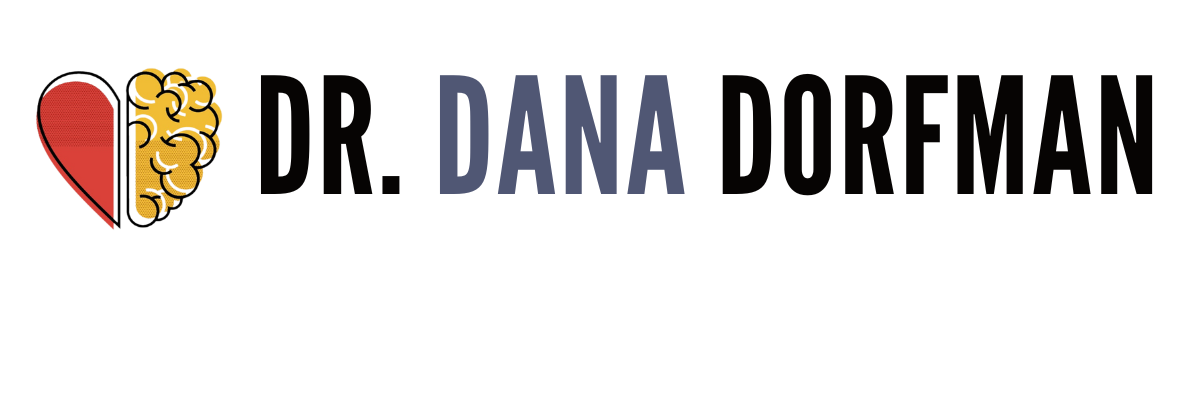How To Raise an Adult: Break Free of the Overparenting Trap and Prepare Your Kid for Success
In this highly popular book by Stanford University Dean of Freshman, Julie Lythcott-Haims provides a first hand account of her experiences advising college freshmen. During her tenure, the author noted students’ extraordinary resumes—magnificent GPAs and standardized test scores, impressive participation and leadership in extracurricular activities, and involvement in community services. While she was impressed by the students’ enviable qualifications and their acceptances into highly selective institutions, she was concerned about their lack of essential character attributes and skills needed for adult success.
Thus, the author encourages readers to reconsider their values and redefine their metrics for success. In the hyper-competitive pursuits of high achieving students (and their parents), kids often lose sight of what is most important. They become fixated on grades, scores and resumes at the expense of intrinsic motivation, passionate learning, curiosity and independence. Adolescents arrive at college without essential foundational experiences which actually lead to success—skills like resilience, self advocacy, and the ability to tolerate frustration. It seems that in their overachievement, students miss out on the essential character building experience of failure and a sense of self strong enough to persevere. Lythcott-Haims challenges our culture’s misguided notions that a perfect resume will lead to a successful future. As a result, she identifies key ingredients to leading successful and fulfilling adulthood: identifying innate skills, discovering and following passions, and identifying one’s values.
1. Figure out what you are good at: Every individual has innate strengths—our gifts. When we build on these innate skills, we strengthen and improve them. It is important for us to experience a sense of competence and mastery as we develop our identities. While we may not (and should not) define ourselves on these qualities exclusively, they become important contributors to our self esteem and self perception.
2. Figure out what you love: We are familiar with the importance of finding our passions—interests that excite us. These passions offer a lens through which we understand and view ourselves and the world—they are valuable and enliven us. This passion is critical to our emotional survival—providing us ongoing stimulation and investment in our lives.
3. Identify what we value: According to the author, we must identify our fundamental values and try to align our lives with them—this helps us live more authentic, satisfying lives. When we are invested in arenas that give us a sense of purpose, we feel a greater sense of success and satisfaction in life.
Our mission at MyloWrites corroborates Lythcott-Haims’ redefinition of the metrics for success. Through our Learning Difference Awareness outreach programs, we place an emphasis on helping students discover learning strategies and techniques that are best suited for their individual brains, instead of solely focusing on grades and test scores. Understanding and honing the learning strengths that best fit an individual is key to the acquisition of information, boosting personal satisfaction, and ultimately improving overall achievement.
As parents, we are influenced by and find ourselves participating in this metric centric culture—even at the expense of our family’s emotional and physical health. Despite our positive intentions, we can easily lose sight of our fundamental values. We tend to overlook the essential skills identified by the author and emphasize grades, test scores and rankings. This book is a refreshing reminder to take a step back, examine our motives and behaviors, and encourage our children to follow a revised map toward success.
Find the original blog post here:
https://www.mylowrites.com/blog/how-to-raise-an-adult?rq=dana%20dorfman






